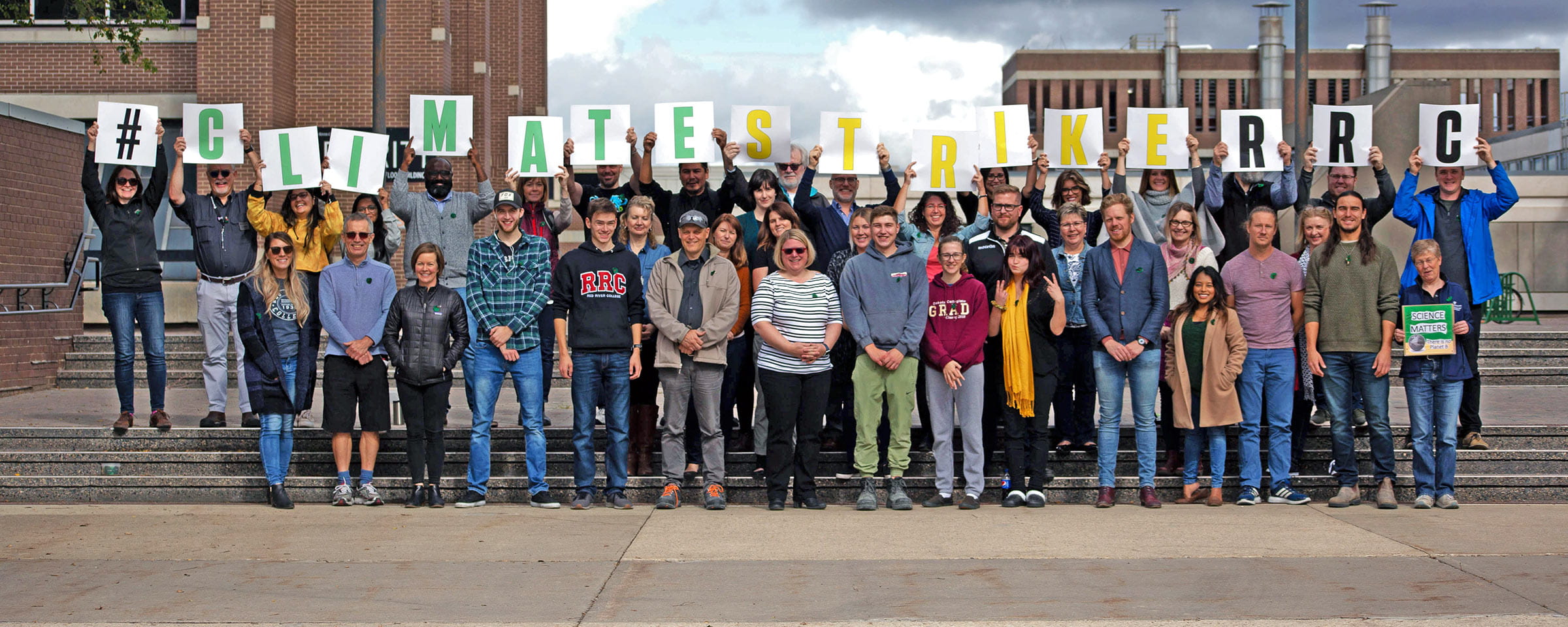RRC instructors investigate sustainable drug testing
Over the past year, RRC Instructors Michael Judge (Chemical & Biosciences Technology) and Curtis Aab (Pharmaceutical Manufacturing) spent their spare time investigating how to reduce the negative environmental impacts of high-performance liquid chromatography (HPLC).
[**Author’s disclaimer – The last time I thought about chemical compounds was in Mr. Valentin’s grade 11 chemistry class, so for you White Coats out there, please excuse the elementariness of these scientific descriptions.]
The process of HPLC is used for a bunch of different purposes. HPLC ensures that over-the-counter drugs contain what their labels state; it’s used in drug testing of high-performance athletes; and it’s used in food testing. Despite the widespread importance of this process, HPLC produces two very toxic and potentially harmful by-products- methanol and acetonitrile… And that’s where Curtis and Michael come in.
Their research hypothesized and tested if Ethyl Lactate (EL) could be a suitable substitute for methanol and acetonitrile in the HPLC process. They undertook this investigation because EL is derived from natural sources, is biodegradable and doesn’t require hazardous waste disposal (like methanol and acetonitrile). Much to their delight, Michael and Curtis discovered that EL does indeed work in HPLC, and in addition to finding a “greener” solution to a widely used process, they discovered that using EL can also be less costly.
Keep up the good work, Michael and Curtis!

